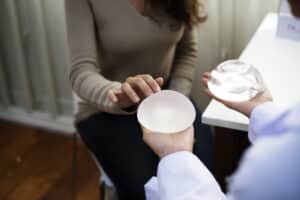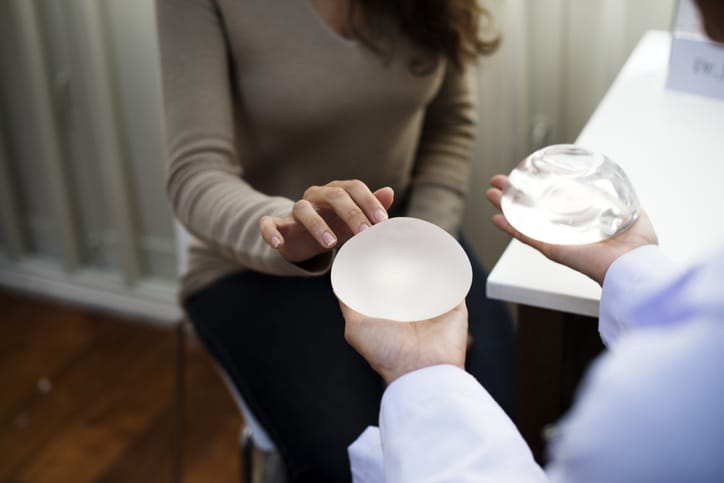
Details You Should Know
The FDA recall of breast implants does not include all breast implant models. In fact, the recall applies to a very small selection of devices. All are within the Natrelle line of implants made by Allergan. In addition to saline, silicone, and highly cohesive silicone anatomically shaped implants, the FDA has also recalled certain Natrelle tissue expanders.
If you do not know what breast implants you have, you can find that information in your medical record that was established with your treating plastic surgeon.
The reason for this breast implant recall is that the FDA has deemed the specific medical devices named (Natrelle) potentially risky. Over a years-long analysis, it was discovered that a large percentage of breast implant-associated anaplastic large cell lymphoma (BIA-ALCL) diagnoses involved these BioCell textured implants.
BIA-ALCL is a form of lymphoma, cancer that develops in lymphocytes, cells in the immune system. This type of lymphoma relates to textured implants because there may be a higher instance of fluid accumulation in the breast pocket. Cancer can begin when some cells in the fluid grow abnormally. Studies show that only 10% of breast augmentation patients develop this condition.
It is possible to detect BIA-ALCL early through warning signs like swelling and pain. It is also possible to successfully treat this lymphoma. In over 90% of cases, treatment with breast implant removal and removal of the breast capsule has cured the condition. Patients in whom cancerous cells have migrated to lymph nodes have also been treated with chemotherapy to eradicate their disease.
What You Can Do
Women who have breast implants of any kind are advised to maintain a routine mammogram schedule. If you have not had a mammogram in the past year, contact your doctor to schedule a screening. If you are experiencing any symptoms or changes to breast tissue, including itching, a mass, or change in breast shape or size, schedule a consultation and exam with a plastic surgeon.
Do you have more question about this recall or breast augmentation? Contact our office in Salem, OR for answers. We’re here to help. Call 503-561-7000.

